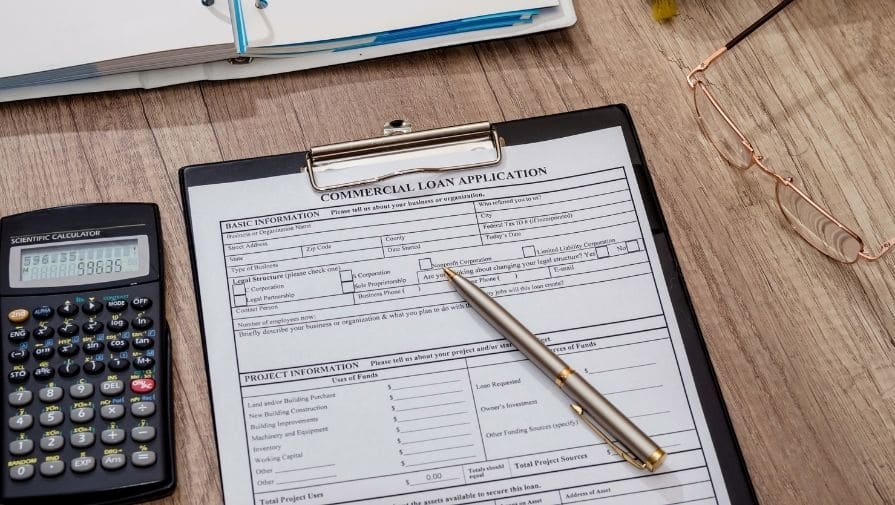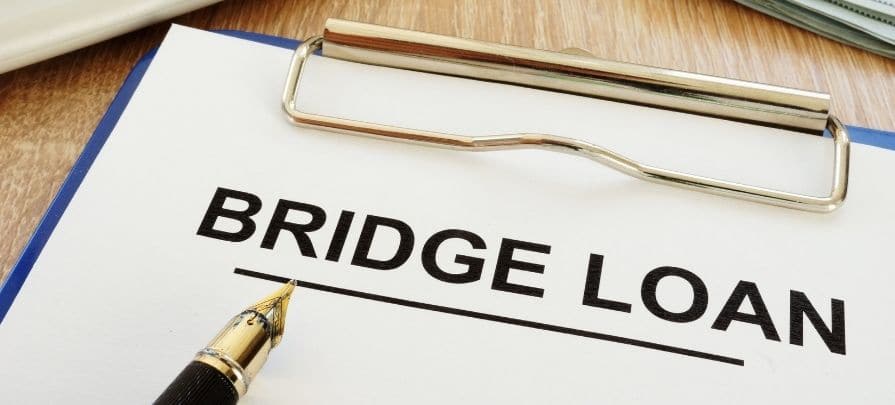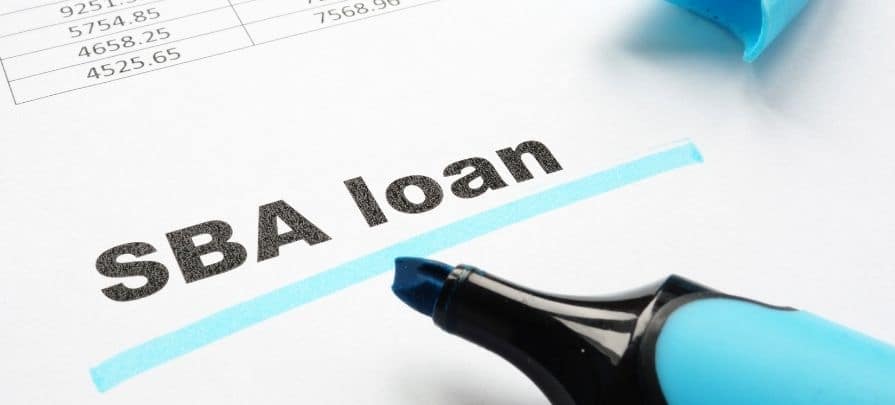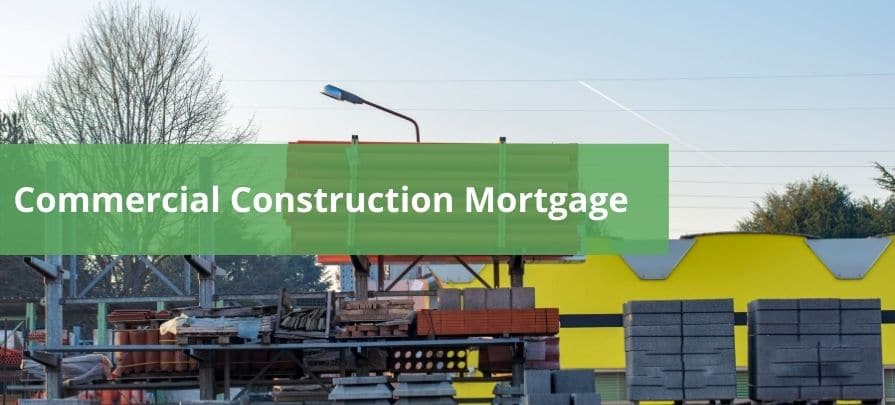- Home
- About Us
- Apply Online
- Resources
- Mortgage Loans Option
- Marketing
- FAQs
- Upload Your Documents
- Blogs
- Buying a Home? Make sure to follow these steps.
- Getting a Mortgage: 10 Things Must be Considered
- Getting Your First Mortgage: Guide to Ease
- Shopping for a Mortgage: 8 Things to Know Before You Go
- What Are Conventional Loans?
- What Are The Tax Benefits of Buying A Home?
- What Is A Jumbo Loan?
- What is a Subprime Mortgage?
- What Is A VA Loan?
- What Is An Adjustable Rate Mortgage?
- What Is An FHA Loans?
- Your DTI: How It Affects You
- Your First Home Should be An Investment Property
- Your Mortgage Get Approved: Don’t do these things
Commercial Loan Programs

Commercial loan program is for use in properties in which a business is run. United Mortgage Plus is a great resource for those clients looking to get a commercial loan. Examples of properties that require a commercial loan include:
- Multi-Family (5+ Units)
- Mixed-Use
- Retail Buildings
- Office Buildings
- Hotels & Motels (Flagged or Non-Flagged)
- Large Apartment Buildings (20+ Units)
- Warehouse & Industrial
- Restaurants/Taverns
- Golf Courses
- Bed & Breakfast
- Auto Repair/Body
- Self Storage Facilities
- Single Tenant Gas Stations/C-Store
- Mobile Home Parks
- International Land Development
- Domestic Land Development
- Acquisition, Development, and Construction
- Special Purpose Properties
The financial institution, include local banks and private investors, offers commercial loans to businesses. Commercial loan program is one of the profitable investment programs. Companies can use the commercial loan for all the purposes – buying assets, purchasing supplies, covering daily operating expenses, paying salaries, and more. The significant business for local banks comes from the commercial and industrial sectors. In addition, commercial loans become an essential funding source for corporations, sole traders, and partnerships which sums up the business sector.

Why go for Commercial Loan Program
Let’s talk about the differences between residential loans and commercial loans. We can see that an individual acquires a residential loan to facilitate purchasing a house. However, commercial loans are usually made to corporations and developers. It typically lasts from 5 years or less to 20 years, with amortization periods often longer than the loan term. On the other hand, borrowers repay the residential loans in regular instalments. The most common among the residential loans is a fixed rate 30-years loan.
It is evident that not every business is not following the same stream. All of them are different. In fact, this is the main reason for the variety of commercial loans available. The lender will discuss the requirements, costs, and needs and suggest the best possible opportunity. The types of commercial loans include SBA loan, Commercial Construction Mortgage, Bridge loan, Refinance loan, Inventory financing, Microloan program, and more.

Bridge loan:
A Commercial bridge loan works like a hard money loan. It is a simpler version of it. Commercial bridge loans function as a temporary cash flow for the business when there is a need. It is short-term financing to bridge the gap between the business and urgent cash needs. Bridge loans usually have interest rates from 6.5% to 9%, which is higher than the permanent loan terms. Borrowers can acquire a bridge loan for six months to 3 years. Borrowers need a credit score of at least 650 to qualify for a bridge loan from a traditional bank, and they must be able to cover a 10% to 20% down payment. Commercial real estate businesses often use this loan due to its favourable terms and conditions.

SBA loan:
The name, Small Business administration loan, itself explains the purpose of this loan. The SBA loans include SBA 79(a), SBA 504, and Microloan. For SBA loans, the Government takes responsibility for loan repayment if the borrower defaults or if there is an uncertain situation. Moreover, the Government allows loan grants to borrowers who don’t meet all their requirements for acquiring it. The repayment period for an SBA loan ranges from 5 to 25-years, and the loan amount can be up to $13m.

Commercial Construction Mortgage:
To cover the construction and material cost of building, commercial loan facilitates most. The borrower acquires a commercial construction mortgage to construct already purchased land or to renovate their homes—the loan term ranges between 1.5 to 3-years. Undeniably, the application is least likely accepted for the commercial loan than any other type of loan.
Wondering how to get commercial loans?
The loan terms depend on the following things:
1) Decide why you need a Commercial Loan?
Most entrepreneurs see writing a business plan as an enormous task, but it is essential to receive a loan. Start by determining how much money you need (if it is a new start-up or small business, you cannot ask for a significant amount). Second, for what purpose do you need the money. For instance, the reason can be anything: buying any equipment, merging with any other business, or expanding the business by opening another outlet.
2) Research for a lender.
Now that you know why you need financing. Next, you should focus on where to get the money.
Finding a lender involves more than just paying a lower interest rate; you will need to think about few things.
•Get your credit score in shape. The higher your credit score, the more bargaining power you will have.
•compare interest rates and fees. For example, if a lender offers a loan without a down payment or origination fee, is the interest rate higher?
•How long has the lender been in business? Do they have a good reputation?
3) How to prepare Commercial Loan Application?
Once you have decided on the lender, start working on your application. It would be best if you had already researched the requirements and qualifications criteria of the lenders, so make sure to work accordingly. Only then will your application be accepted.
You will have to prepare fewer documents to provide them. They usually look for your bank statements, cash flow statements, and balance sheets. The business should at least have been working for two years to get their loan application accepted. Moreover, the SBA 7(a) loan, the government agency’s flagship loan program, requires a minimum of the FICO Small Business Scoring Service (SBSS) credit score of 155. However, there are plenty of exceptions that allow small businesses to get a loan with a score lower than the minimum.
4) Application process:
After the application preparation, the lender will go through the application. They will check your financial statements and history too. If a company’s credit score is too low, the application might get rejected. Adding additional collateral (something pledged as security for repayment of a loan) in the document might save small business applications from getting rejected. If everything seems well, the application will be accepted. Finally, the borrower receives a commercial loan.
Cost of Commercial loan program:
On loan repayment, we have seen that the payback amount is higher than the actual loan. The Interest amount is the reason behind the increment that keeps adding to the loan. Therefore, to calculate the total loan costs, we multiply the monthly payment and the number of payments made. Well, the idea of business growth sounds interesting, but it involves huge costs. The payments we make starts from the day we decide to grow our business and think to take a commercial loan. Firstly, the application process is the initial step to attach the documents. For that, we hire a person to look after all the records to avoid any chance of being rejected. The person goes through the bank statements, trade receivables, trade payables account, and balance sheets to prevent errors and prepare more accurate reports to provide the lender. This fee is an underwriting fee.
Second, it requires an application or processing fee. Again, a question arises here “why should we pay any fee before we even know we will get the loan or not. “To emphasize this more, think about the work and efforts they make to check the applications and figure out which is worth their money.
Once they approved your application, then come the two main costs—the principal and interest. “Principal” is the amount you are borrowing, and “interest” is the percentage of that amount that you’re charged for the privilege. Interest rates are significant because, other than the amount you are borrowing, nothing else will have as significant an impact on your payments.
